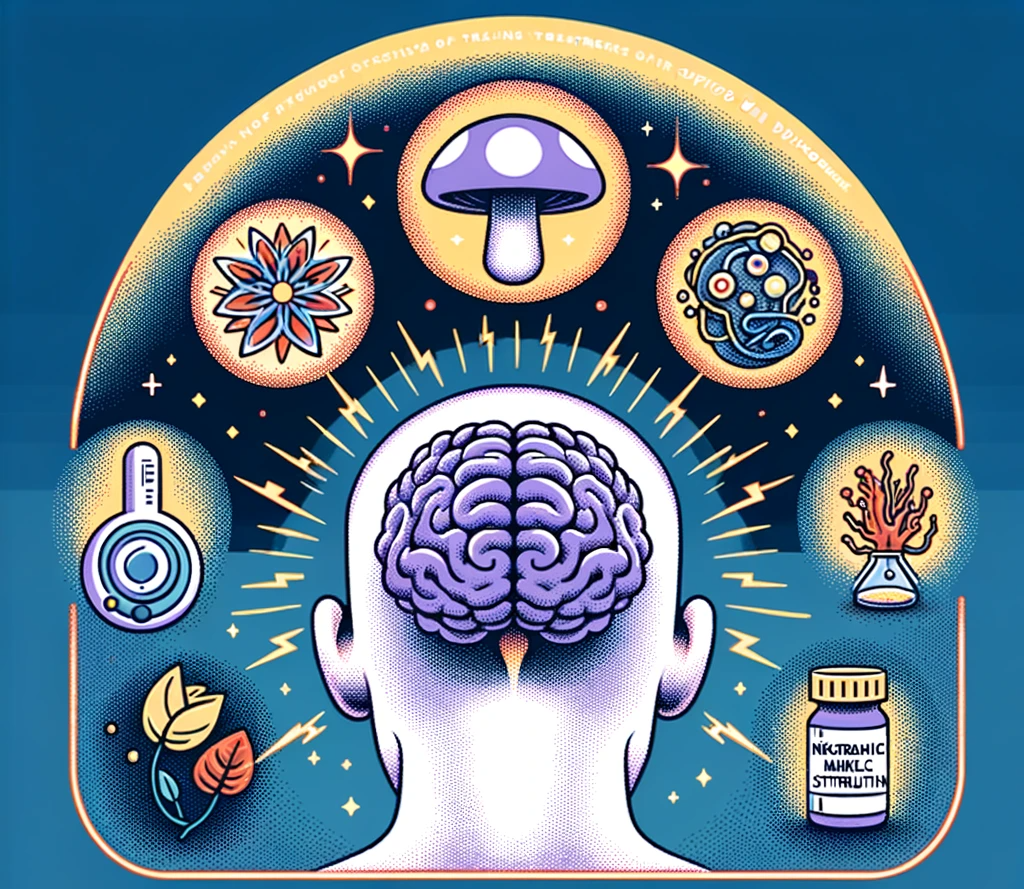
New Horizons in Opioid Use Disorder Treatment
Opioid Use Disorder (OUD) is a complex and devastating condition, impacting not only individual lives but also public health systems globally. In this comprehensive exploration, we delve into the heart of the matter, drawing insights from the enlightening article Opioid use disorder: current trends and potential treatments This analysis aims to equip public health practitioners with a deeper understanding of the current state of OUD and the emerging treatments that promise a brighter future in combating this crisis.
The Alarming Trends in Opioid Use and Overdose Deaths
OUD has increasingly become a public health emergency, with overdose deaths reaching unprecedented levels. The COVID-19 pandemic has further exacerbated this crisis, disrupting access to essential treatment services and leading to a surge in substance use. This article sheds light on the urgent need for more effective strategies to combat OUD and reduce the alarming rate of overdose deaths.
Traditional Treatments and Their Limitations
For decades, the medical management of OUD has primarily relied on opioid agonists like methadone and antagonists such as naltrexone. However, despite advancements like buprenorphine and extended-release naltrexone, the treatment landscape has remained relatively static, and overdose deaths continue to rise. This stagnation underscores the need for novel treatment approaches.
Naloxone: A Lifesaver but Not a Cure
Naloxone has been a critical tool in reversing opioid overdoses. However, it is essential to recognize that while naloxone can save lives in emergency situations, it does not address the underlying OUD. Integrating naloxone access with comprehensive treatment plans, including Medications for Opioid Use Disorder (MOUD), is vital for improving outcomes.
Emerging Treatments: A Ray of Hope
The article highlights several promising new treatments for OUD, exploring their potential to revolutionize the approach to this complex disorder.
Interventional Treatments and Psychedelics: Beyond Traditional Medications
Innovative interventional treatments like psychedelics, neuroimmune, neutraceutical, and electromagnetic therapies are currently under investigation. These novel approaches offer hope for more durable and effective treatments compared to existing medications.
The Role of Pro-Dopamine Regulation and the Preaddiction Model
A proactive approach in the form of a “preaddiction” model, akin to the concept of prediabetes, is gaining traction. This model emphasizes early intervention to prevent the progression of addiction, thereby potentially transforming public health strategies.
Neuroimmune Modulatory Approaches: A New Frontier
Neuroimmune modulation presents another exciting avenue for treating OUD. By targeting the changes in synaptic plasticity seen in addiction, these approaches hold the potential to prevent addiction or even reverse the damages caused by long-term substance use.
The Future of OUD Treatment
The fight against OUD is at a pivotal juncture. The exploration of novel treatments, ranging from neuromodulating modalities like TMS and DBS to psychedelics and neuroimmune therapies, represents a paradigm shift in OUD treatment. These advancements promise not just to manage OUD but to potentially cure it, offering hope for a future where the brain can reset to its pre-addiction functionality.
Join the Vanguard of Public Health Today!
Are you ready to be at the forefront of health advocacy and research? ‘This Week in Public Health’ brings you weekly insights and updates that matter most. From breakthrough research to groundbreaking community initiatives, our newsletter is your ticket to staying ahead in the rapidly evolving world of public health. Subscribe for free and be part of the change you wish to see!



